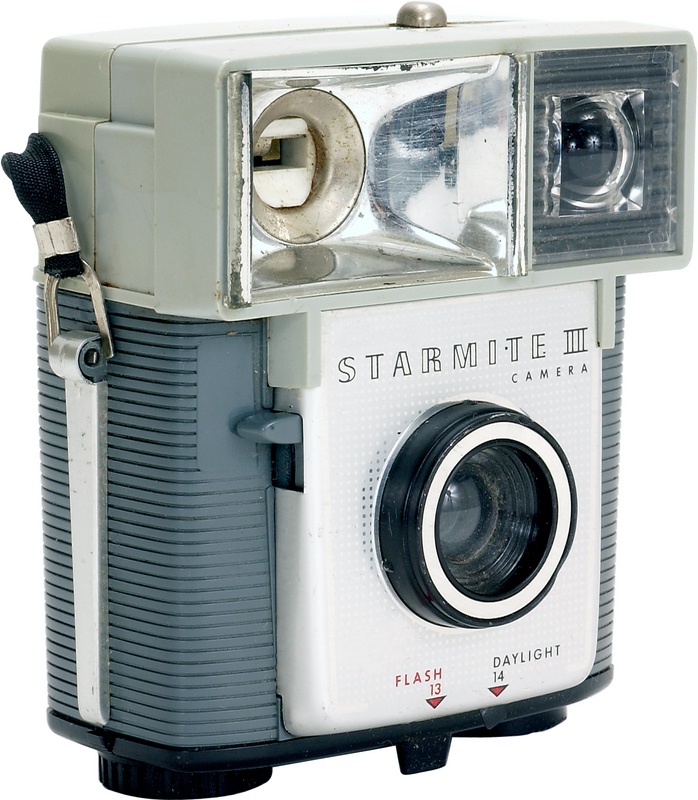
|
|
What you should know about black and white digital photography

There are several things that you should know about black and white digital photography before you begin creating your own black-and-white photographic masterpieces.
Black and white photographs have come to be associated with sophistication and class.Many people prefer the look of black and white photographs for a number of different reasons and for a number of different types of photographs.Well, the good news is that you don't have to purchase a camera from 1935 in order to take your own high quality, beautiful black and white photos.Instead, with a digital camera, a little technical know how, and some time, you can turn out stunning black and white photos.
|
|
Chances are that your digital camera already has a black and white setting that you can use.Simply push a button or flip a switch, and you already have black and white photos.If you're satisfied with that and you don't necessarily want the highest quality black and white photos, then simply read your digital camera's user manual, figure out how to turn on the black and white setting, and point, shoot, and view.
However, if you want a more professional and finished black and white digital photo, that gets the very best out of your camera, then you can take your digital photography to the next step and actually convert your black and white photos on your computer.The idea is to start with your raw images, which will be in color, and then to use Photoshop or another photographic converter and editor to edit the photo in order to get the best black and white picture.
Begin with a high quality color original.This is your raw photo file.You are then going to experiment with different color filters in Photoshop (or whatever photo editing and conversion program that you are using) to get the best black and white digital photo.
The way that digital cameras work is to take pictures with red, green, and blue pixels.Or, in other words, each pixel gives a little bit of red, a little bit of green, or a little bit of blue to a grayscale image.So the easiest way to convert a digital photo to black and white from color is to choose one of these channels (red, green, or blue), delete the others, and change the photo to grayscale.
There are few other things that you can to in Photoshop to change your color digital photos to black and white photos.
- Desaturate the image.
This technique is done by clicking Image, Adjustments, Desaturate. - Change the mode to Lab
This is done by clicking Image, Mode, Lab Color.Then delete the `a' and the `b' channels.Change the Alpha channel that results to Grayscale. - Change the mode to grayscale.
This is done by clicking: Image, Mode, Grayscale
Any of these three approaches will transform your color image to a black and white image.Experiment with each approach to decide which resulting picture quality you like the most.
You can take another approach to black and white digital photography, which is mixing the three different color channels as grayscale images.This will give you a layered effect with your black and white digital photo.All that you have to do is go to Image, Mode, Lab Color, and click on the monochrome box.What you are doing is turning on the Channel Mixer adjustment layer.
Now you can actually fine tune the black and white picture so that you can actually emphasize different parts of the picture.Play around with the percentage amounts to get the black and white effect that you would like.
Privacy Policy, Terms of Use